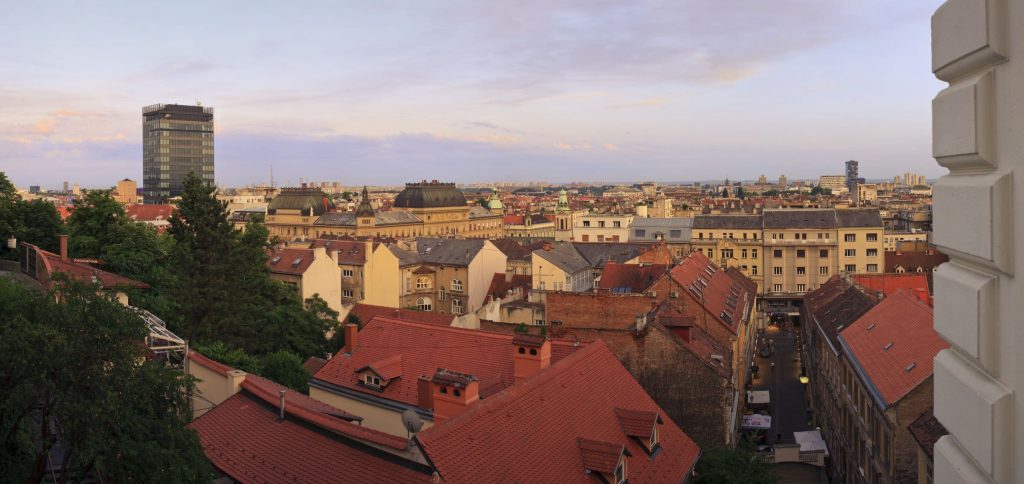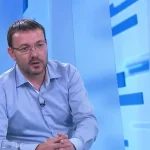“Over the past 12 months, a law on reconstruction was adopted and after the earthquake in Petrinja, it was expanded to include the Banija region, but, as we can hear from the Reconstruction Fund…. no decision on reconstruction has arrived at the Fund from the Construction Ministry. The Ministry claims it has sent three decisions for the reconstruction of buildings, but even though the Ministry and the Fund are located only a few metres from one another, those decisions have still not reached the Fund,” Grbin warned at a news conference.
If reconstruction in Zagreb as well as in Banija continues at the current pace, the question is if it will ever end and if people whose houses and buildings were damaged will be able to ever return to their homes, he said.
Grbin called on the government to ensure that reconstruction work finally started, criticising the Reconstruction Act by saying that the structural reconstruction as envisaged by it would not be sufficient as people did not have money to finance non-structural reconstruction.
Those who will have to seek loans to co-finance 20% of structural reconstruction costs will not be able to co-finance the reconstruction of other parts of their property which are equally important for normal living, he said, calling for reexamining the Reconstruction Act.
He also called for reexamining the law to expand the scope of reconstruction work to enable the revitalisation of the earthquake-damaged parts of the capital city.
“We call for renovating all buildings, with red, yellow and green labels alike, because any next quake could destablise these buildings again and cause a disaster. Around 30% of the housing stock in downtown Zagreb is older than 100 years, which means that we need an integral, radical reconstruction of the city,” SDP mayoral candidate Klisović said.
He noted that given the current favourable situation on the international financial market, funding for that purpose should be sought there, mentioning also the possibility of issuing long-term bonds.
Klisović said that as mayor, he would define a price catalogue for reconstruction work considering fast-growing prices and the fact that people who have to hire a company to do reconstruction work do not know how much a certain type of work costs.
He noted that the state should increase the rate for co-financing reconstruction costs for people who live in buildings categorised as cultural property, calling also for the introduction of a special credit line for those reconstructing their houses and on the state to cover interest on those loans.
To read more about politics in Croatia, follow TCN’s dedicated page.











